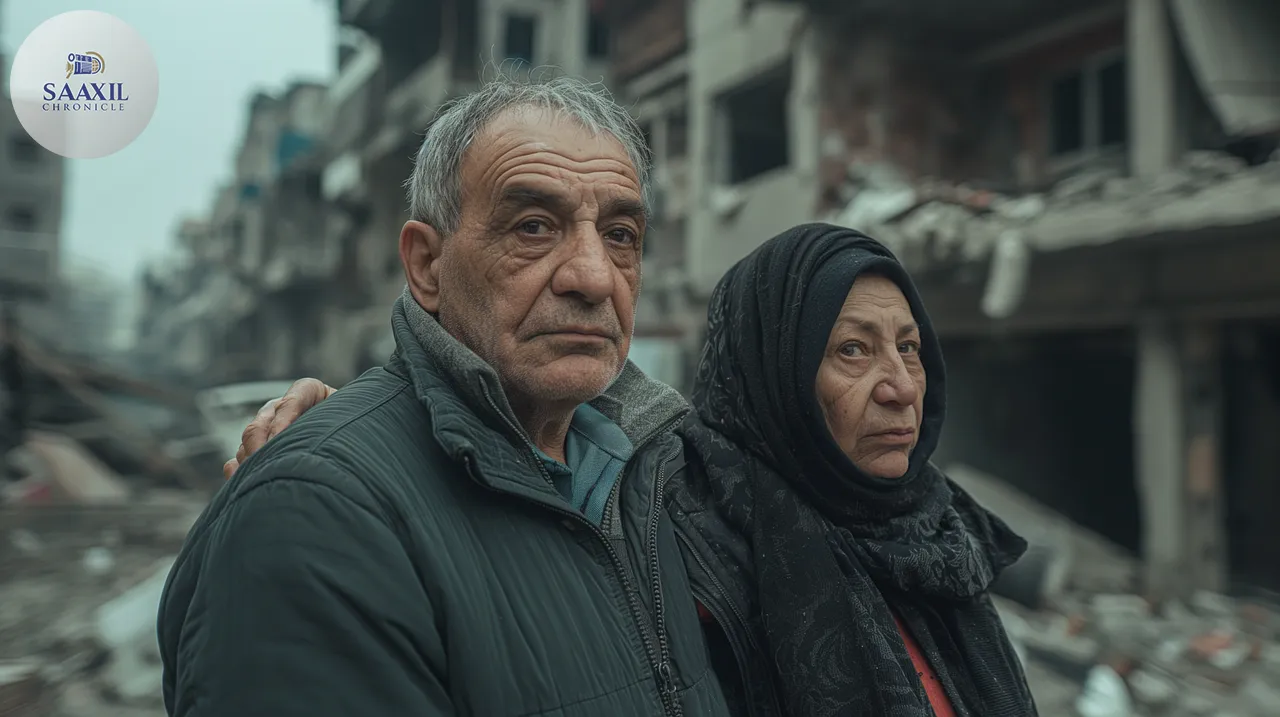The ongoing conflict in Gaza has reached a critical point, with the death toll surpassing 50,000 following a recent Israeli airstrike on a hospital. The strike, which Israel claims was aimed at Hamas militants, has drawn international condemnation and raised concerns about the humanitarian situation in the region. The Gaza Health Ministry’s figures, which do not differentiate between civilians and combatants, suggest the actual number may be even higher, according to experts.
The airstrike on the hospital occurred on 23 March 2025, in the densely populated area of Gaza City. The attack has intensified international scrutiny and debate over Israel’s military tactics and the humanitarian crisis unfolding in the region.
Rising Casualties and International Reactions
The recent airstrike on the hospital has resulted in significant casualties, adding to the already staggering death toll in Gaza. The Gaza Health Ministry reports that more than 50,000 people have lost their lives since the conflict began. The ministry’s statistics do not specify the proportion of civilian to combatant casualties, leading experts to believe the figures may be an underestimation of the true scale of the crisis.
International responses to the hospital strike have been swift, with several countries and organisations expressing outrage and calling for an immediate ceasefire. The United Nations has condemned the attack, emphasising the need for all parties to adhere to international humanitarian law. The European Union has also called for restraint and a renewed focus on peace negotiations to prevent further loss of life.

Humanitarian Crisis Deepens
The humanitarian situation in Gaza continues to deteriorate as the conflict drags on. The destruction of critical infrastructure, including hospitals and schools, has severely affected the civilian population’s access to essential services. The recent hospital strike has exacerbated the crisis, overwhelming the already strained healthcare system.
Humanitarian organisations operating in Gaza have reported severe shortages of medical supplies, clean water, and food. The ongoing blockade and frequent military operations have hindered relief efforts, making it difficult for aid to reach those in need. As the conflict persists, the international community faces increasing pressure to address the humanitarian needs of the people in Gaza and facilitate the delivery of aid.
Israeli Justifications and Military Objectives
Israel has defended its military operations, stating that the airstrike on the hospital was part of a broader campaign to target Hamas militants operating within civilian areas. The Israeli Defence Forces (IDF) claim that Hamas uses such locations as shields, complicating efforts to minimise civilian casualties.
The Israeli government maintains that its actions are necessary to protect its citizens from ongoing rocket attacks launched by Hamas. Officials argue that the military campaign aims to dismantle Hamas’s military infrastructure and reduce the threat posed to Israeli civilians. Despite these justifications, the high civilian death toll has drawn criticism from international observers and human rights organisations.
Calls for Peace and Negotiations
As the conflict escalates, there is a growing call for renewed peace talks between Israel and Palestinian representatives. International leaders have urged both sides to return to the negotiating table and seek a diplomatic resolution to the conflict. The United States, which has traditionally played a mediating role in the region, has expressed willingness to facilitate discussions aimed at achieving a long-term ceasefire and addressing the underlying issues driving the conflict.
Experts warn that without meaningful dialogue and compromise, the situation in Gaza could further destabilise the region and lead to prolonged suffering for both Israelis and Palestinians. The international community is urged to support efforts to broker peace and provide humanitarian assistance to those affected by the conflict.
In the wake of the hospital strike and rising casualties, the world watches closely as the situation in Gaza unfolds. The need for a peaceful resolution has never been more urgent, as both sides grapple with the human cost of the ongoing conflict. The path forward remains uncertain, but the hope for peace endures as calls for dialogue and reconciliation grow louder.




